Recent Articles
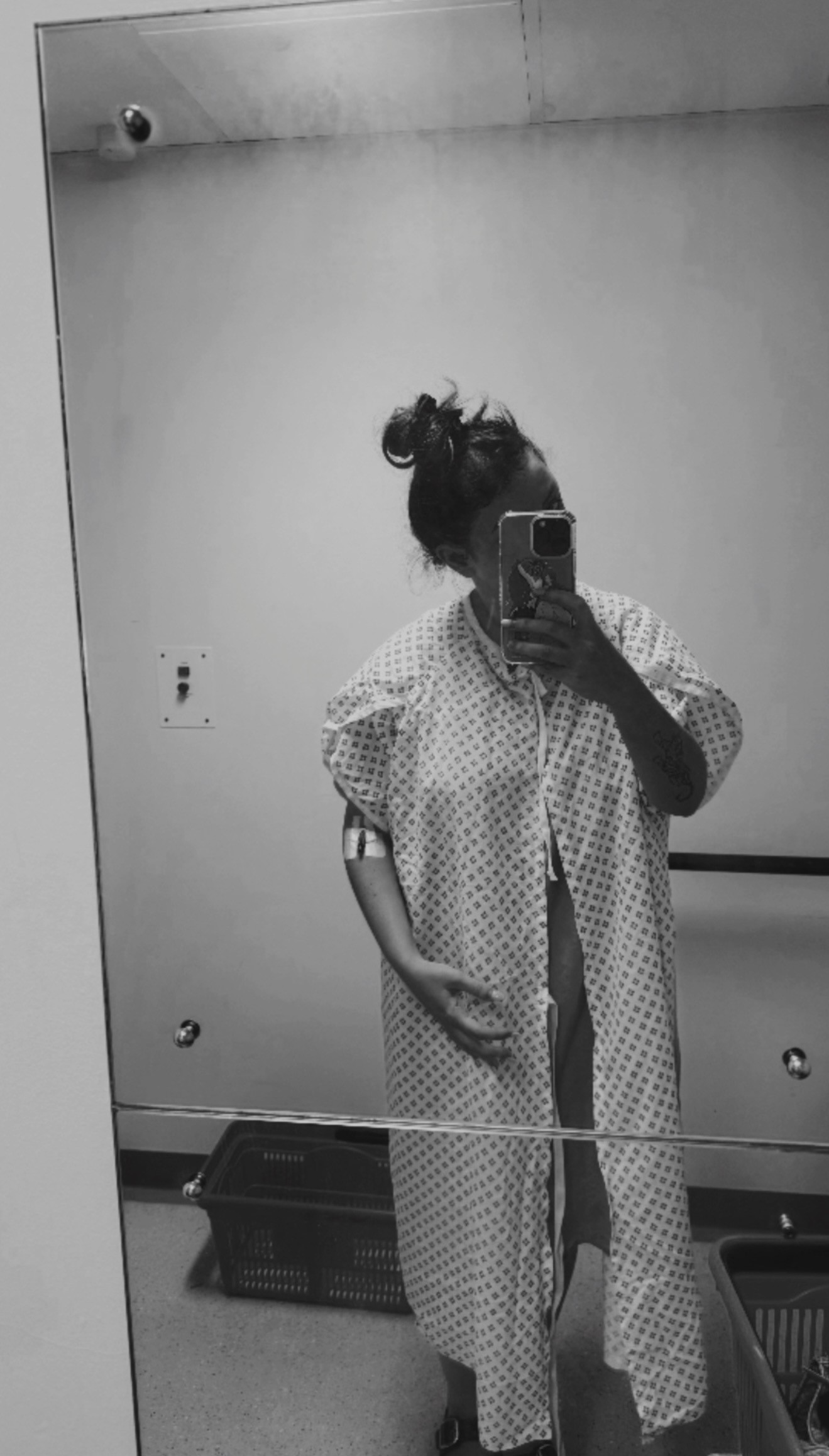
Louise
Louise shares her experience with an unexpected diagnosis of ovarian cancer. Originally posted on Louise's blog.
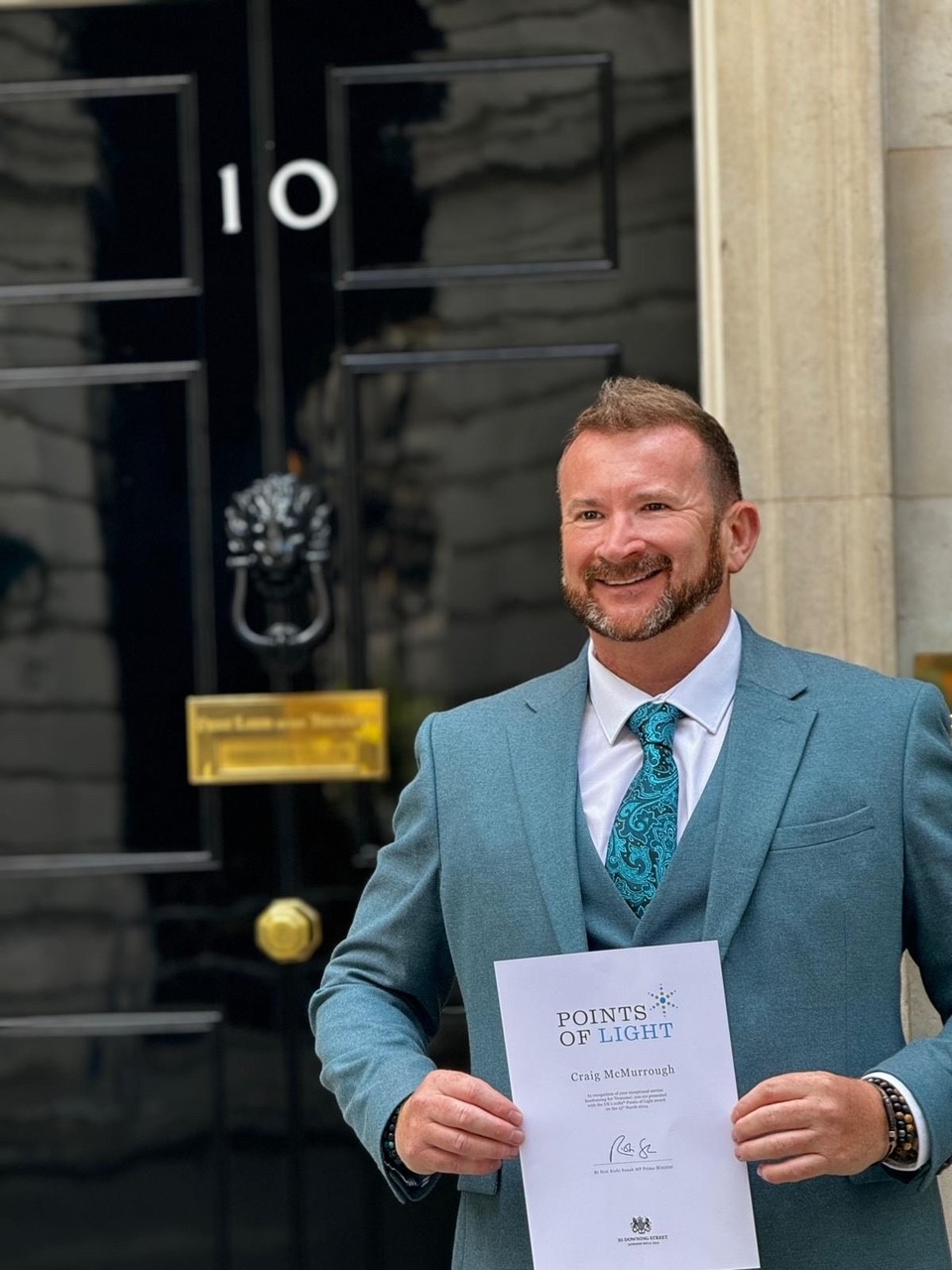
Longstanding Ovacome fundraiser Craig Mc...
One of Ovacome’s longstanding fundraisers, Craig McMurrough, is set to be awarded the highly regarded British Citizen’s Award (BCA) for his services to healthcare.

Joyce
Joyce goes into detail about her long history with cancer, in a deeply personal reflection of her life and how ovarian cancer has affected it.

Liz
Liz shares her ovarian cancer experience and explains how she's leaned on Ovacome for support.

The Debbie Baldwin Gala - Rob's Story
Debbie's best friend Rob explains what the Gala means to him and shares how his daughter Rosie raised funds at the London Marathon.

The Debbie Baldwin Gala - Debbie and Pra...
In this post, Prav - Debbie's husband, talks about the now annual Debbie Baldwin Gala and why it's such a special and meaningful event.
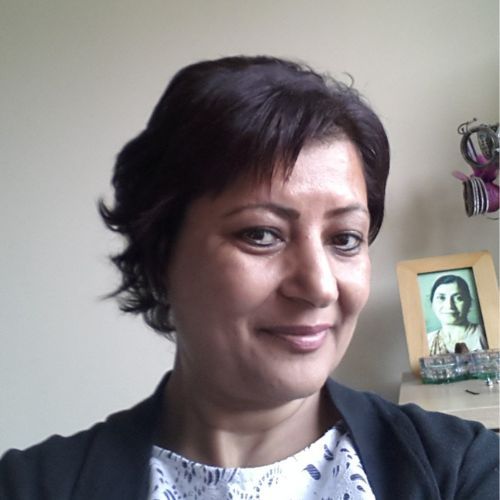
Preeti
Preeti chronicles her ovarian cancer experience, including her diagnosis, treatment and the genetic factors involved.
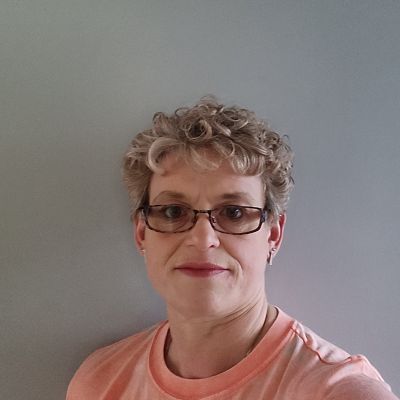
Natasha
Natasha shares her story from diagnosis through treatment and beyond.

Victoria
Victoria was diagnosed with a borderline ovarian tumour after experiencing a feeling of pressure on her bladder.

Jemima
Jemima was found to have a borderline mucinous tumour in 2016.
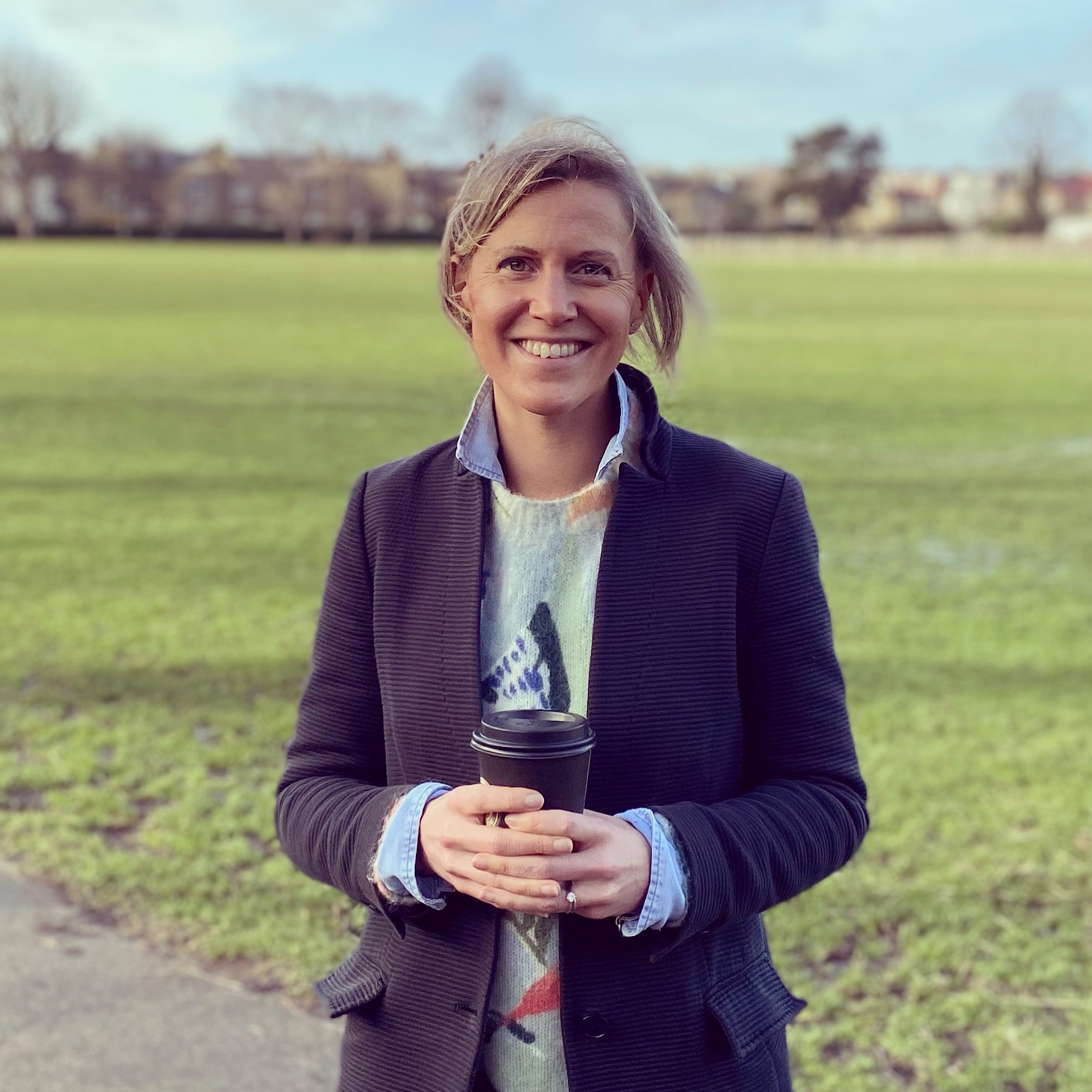
Katie
Katie was diagnosed with low grade ovarian cancer in April 2020.
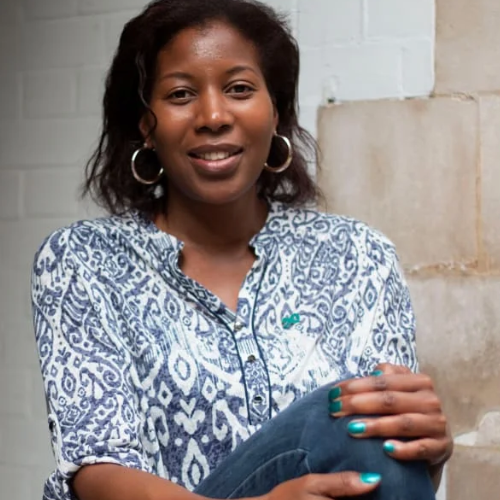
Jackie
Jackie talks about her being diagnosed with diagnosed with stage 1c diagnosis of ovarian cancer at age 39 after being previously being found to have stage 4 endometriosis.






